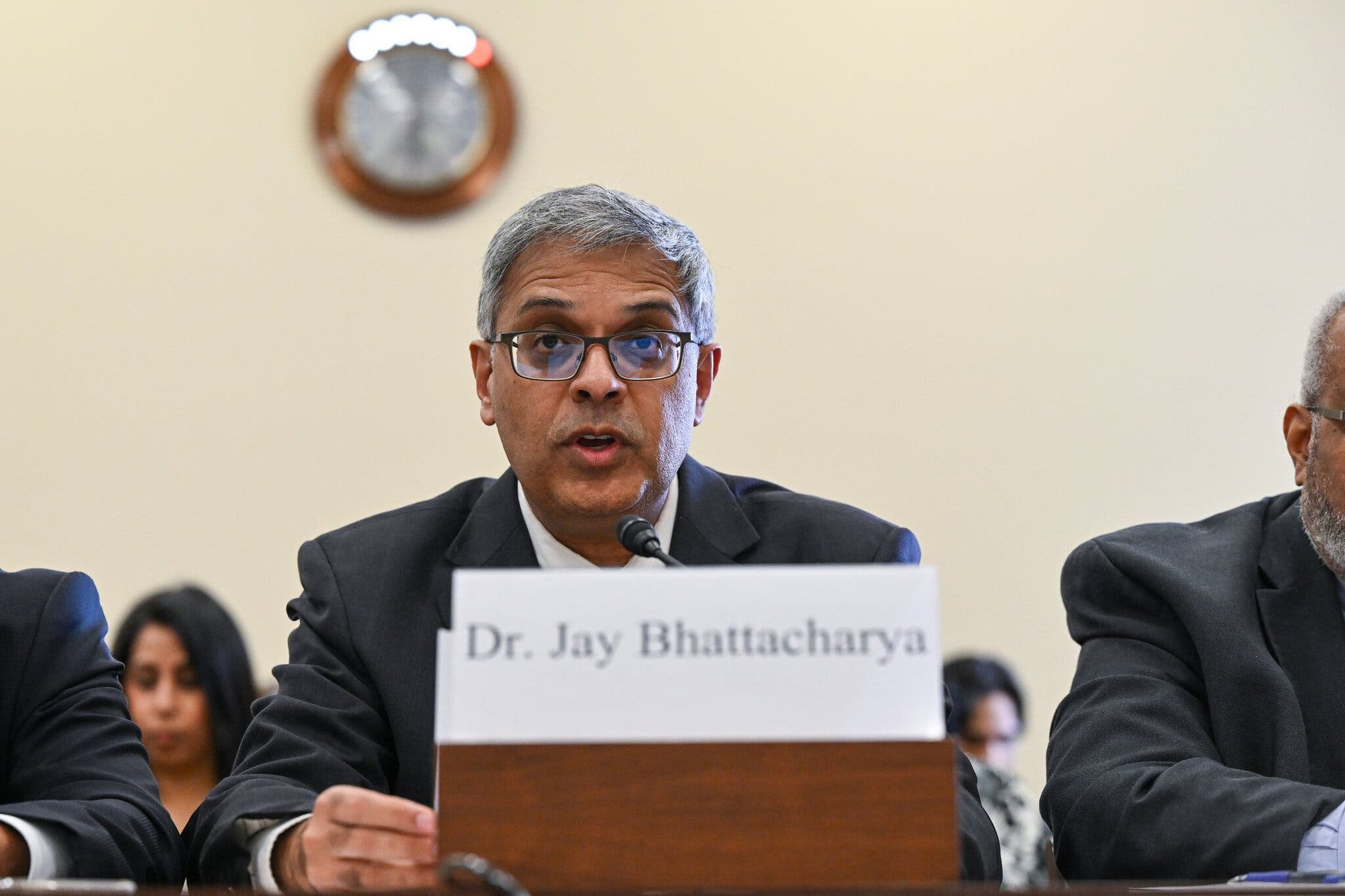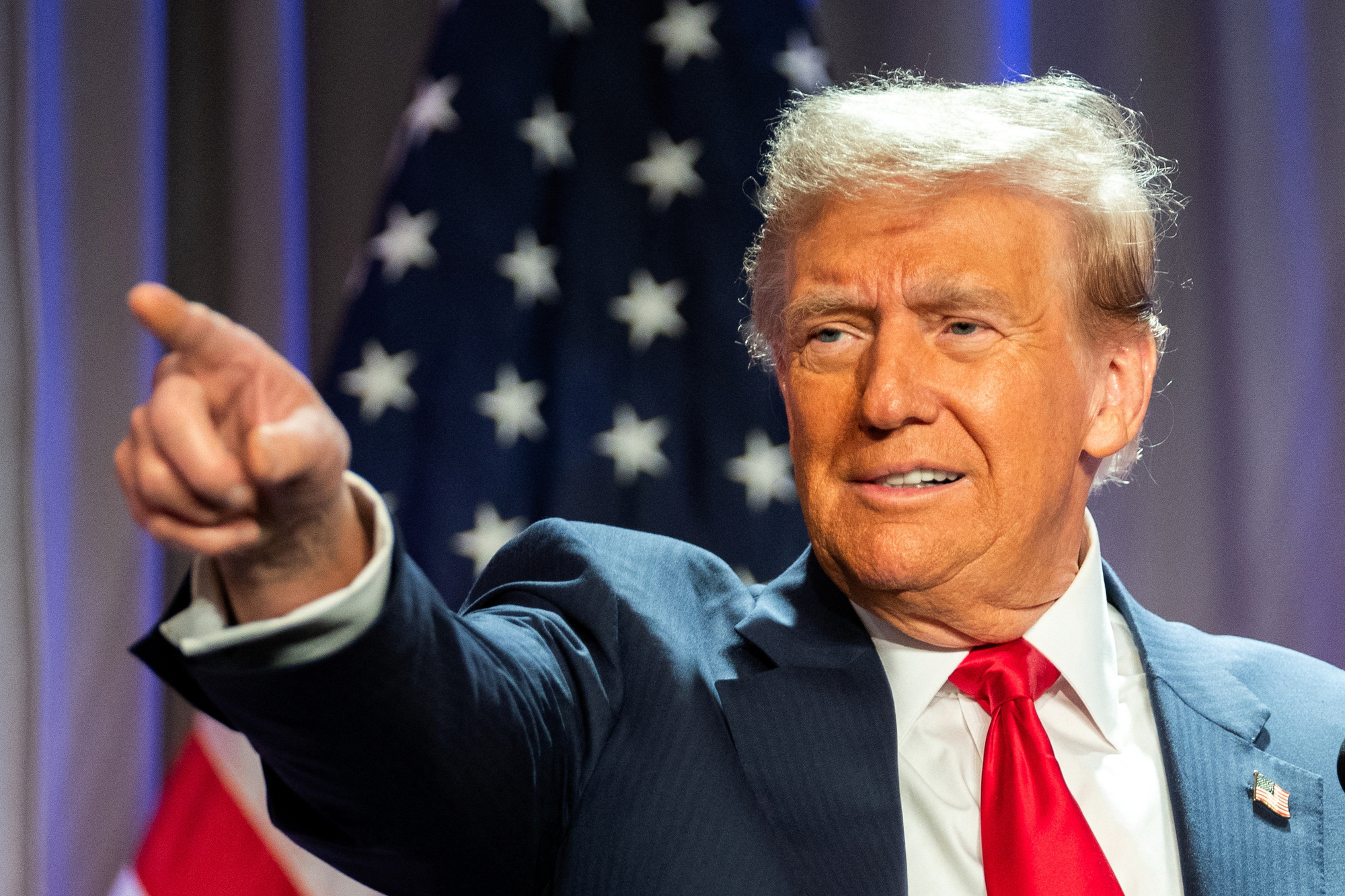Dr. Jay Bhattacharya, who was once rejected by the American medical community, was chosen by Mr. Trump to lead the National Institutes of Health with an annual budget of up to 50 billion USD.

Dr. Jay Bhattacharya, who was chosen by Mr. Trump to be the director of NIH - Photo: NEW YORK TIMES
In late November, US President-elect Donald Trump announced his selection of Jay Bhattacharya as director of the National Institutes of Health.
If confirmed, Bhattacharya's new position would mark a dramatic comeback within the American medical community.
What is the US National Institutes of Health?
The National Institutes of Health (NIH) is the world's largest public organization that funds biomedical research. The NIH is under the authority of the Department of Health and Human Services and consists of 27 member institutes that study various health problems or diseases.
NIH has long been considered the "crown jewel of the federal government " with an annual budget of nearly $50 billion despite being just a research agency.
Most of this funding goes to outside scientists. Research that wants to be funded by the NIH must go through an extremely competitive application process.
Thanks to rigorous selection and generous funding, research supported by this agency has resulted in 100 Nobel Prizes.
Over 99%, or nearly all, of the drugs approved by US federal regulatory agencies between 2010 and 2019 came from NIH-funded research.
Historically, the NIH has enjoyed bipartisan support, but the COVID-19 pandemic has turned a significant portion of Republicans against the agency.
Robert Kennedy Jr., Trump’s pick for secretary of health and human services, said he plans to significantly overhaul the agency during his tenure. Specifically, Kennedy wants NIH to focus more on research to treat chronic diseases, rather than infectious diseases as it currently does.
Two Republican congresswomen, including Energy and Commerce Committee Chairwoman Cathy McMorris Rodgers, have proposed increasing political oversight of NIH operations and streamlining the agency's member institutes from 27 to just 15.
Misunderstood scientist or chosen man of the times?

President-elect Donald Trump supports Mr. Bhattacharya's views on COVID-19 and once considered choosing him as director of the US CDC - Photo: REUTERS
According to the Washington Post , Mr. Bhattacharya earned his doctorate in medicine from the prestigious Stanford University. Before the pandemic, his most prominent position was leading the Center for Research on the Demography and Economics of Health and Aging at Stanford University.
He frequently writes health policy papers and serves on NIH review boards. He is well-liked by colleagues and students, who describe him as warm, curious, and supportive of others’ own research.
He has been calling for reforms at the NIH and other government agencies since before the pandemic. In 2018 and 2020, he and his colleagues published two separate studies calling on the NIH to “do more to encourage innovative science.”
Bhattacharya’s career took a turn in October 2020. In the midst of the COVID-19 pandemic, he and two other prominent scientists issued the Great Barrington Declaration.
The statement called on the government to relax social distancing measures, allowing healthy people to return to work to sustain the economy and quickly build herd immunity.
More vulnerable people such as the elderly will be isolated and receive special care to prevent infection.
The statement was quickly vehemently opposed by a significant portion of the US medical community, led by then NIH director Francis Collins and National Institute of Allergy and Infectious Diseases director Anthony Fauci.
Bhattacharya has been virtually ostracized from the scientific community. He even claims that his views have been censored and suppressed by the Biden administration and the media.
On the other hand, the Great Barrington Declaration and Mr. Bhattacharya’s views were highly appreciated by Mr. Trump. Ahead of the 2020 presidential election, Mr. Trump considered giving Mr. Bhattacharya the position of director of the Centers for Disease Control and Prevention (CDC) if he won the election.
After rumors that he was about to be named NIH director, Mr. Bhattacharya affirmed that he would reform the agency's apparatus in a decentralized direction from "a small group of scientific officials." He believed that this group was stifling creativity in research and even censoring his own contributions.
Source: https://tuoitre.vn/nguoi-bi-cong-dong-y-te-my-hat-hui-duoc-ong-trump-chon-lam-lanh-dao-vien-y-te-quoc-gia-20241202130611715.htm






![[Photo] Top players gather at the 2025 Nhan Dan Newspaper National Table Tennis Championship](https://vphoto.vietnam.vn/thumb/1200x675/vietnam/resource/IMAGE/2025/5/23/9ad5f6f4faf146b08335e5c446edb107)




























































































Comment (0)